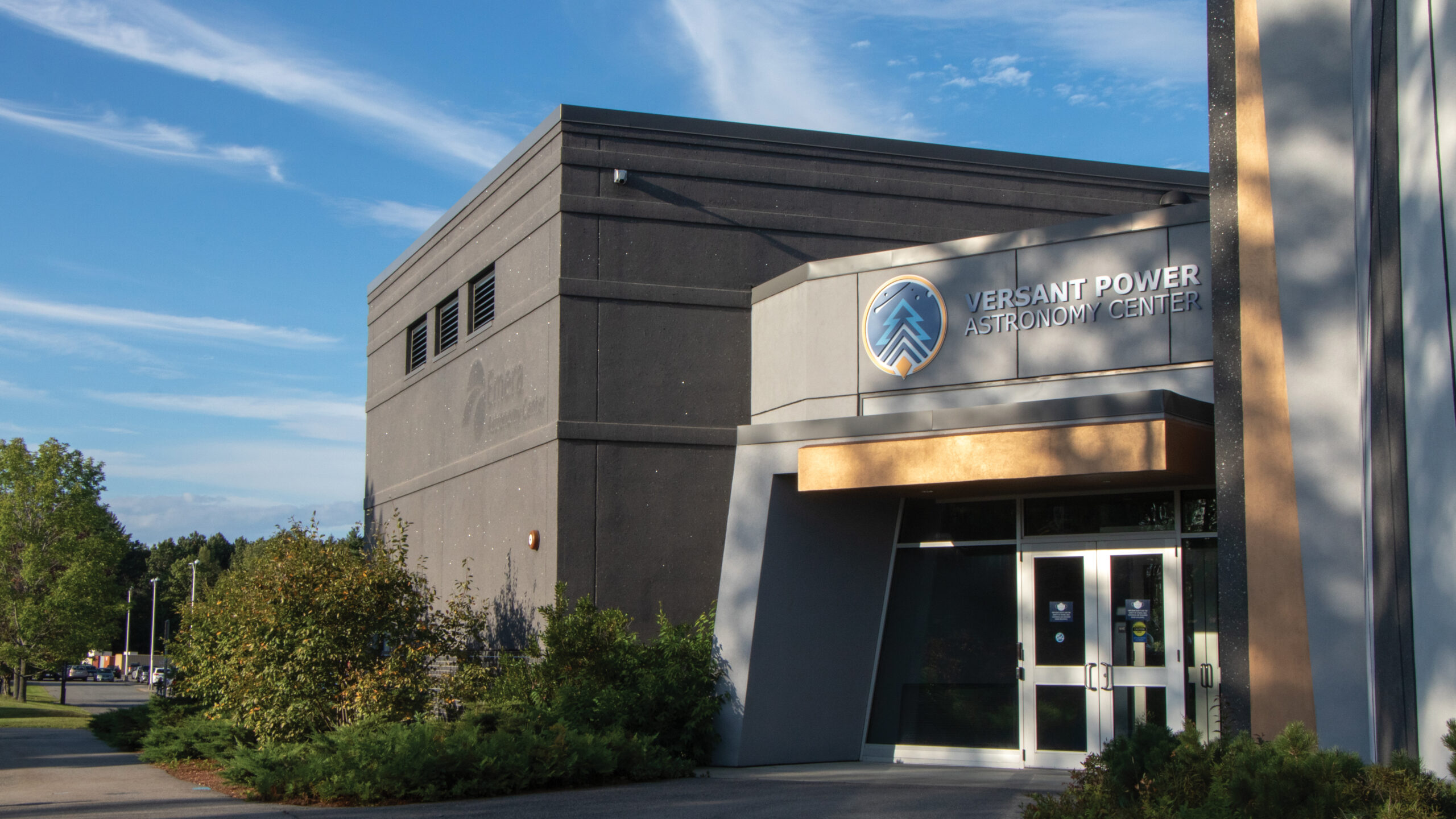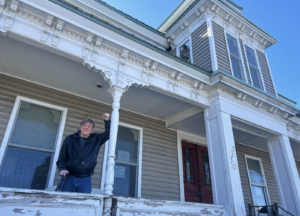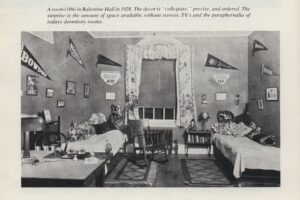On Sept. 9, the lecture “Pushing Climate Change Research to the Roof of the World” by Dr. Paul A. Mayewski was held at the Versant Power Astronomy Center at the University of Maine. This presentation touched upon Mayewski’s participation in the National Geographic and Rolex Perpetual Planet Everest Expedition in April and May of 2019. “Pushing Climate Change Research to the Roof of the World” was the first of the “Science Lecture Series” at the Astronomy Center this semester.
Mayewski and his expedition team pushed the limits of science on the world’s highest peak: Mt. Everest. They set many scientific records, including having the highest automatic weather stations in the world and the highest drilled ice core.
Many areas of the trip were detailed in Mayewski’s PowerPoint, including the different locations he stopped at and what type of technologies were used throughout the trip. For example, the small kingdom of Kathmandu was one place they stayed in. Their timeline was no easy feat either, as this trip was lengthy and required lots of patience.
“Ultimately, it took us six weeks from the time that we left the east coast of the U.S. to the time that we actually got to the place where we started working,” Mayewski said. His group trekked on foot with the assistance of the local people, who were very kind to help guide them across mountains and glaciers despite language and culture barriers.
The weather conditions were not always ideal while trekking during the day.
“It was so hot along the way that midday the temperatures were 110 to 115 degrees Fahrenheit,” Mayewski said. “That’s because when you have a lot of snow around it reflects the radiation. It’s not as effective at melting and the lighter color of the snow reflects it.”
Mayewski continued on to talk about glaciers, water towers and climate change. The team was able to conduct chemical fingerprinting of air masses, drill ice core samples and even study the jet stream. There were also measurements done related to meteorology, glaciology and biology mapping.
“Since about 2000, glaciers in the Himalayas have been retreating very rapidly,” Mayewski said. “Something big happened in 2000. That’s when greenhouse gases really begin to kick in and they have a very big effect.”
With this increase in melting glaciers, it is creating even more hazardous conditions for climbers on Mt. Everest.
“It’s extremely rocky, the slopes are extremely steep, and the more melting that goes on here, the more hazardous these slopes get,” Mayewski said. “Many of the villages are built right on the edge of very steep areas where the fall is a couple thousand feet. The edges of their towns are beginning to migrate into the valleys.”
This is not Mayewski’s first expedition by any means. Born and raised in Scotland, his upbringing with hiking early on in life sparked his interest in this field. The UMaine website notes more than 60 expeditions he’s taken in his life, where he’s traveled to some of the most remote areas on the planet. He has also received many awards for these expeditions. His past well-known discoveries include abrupt climate change by atmospheric circulation, exploration into undiscovered areas in Antarctica and human impacts on both climate change and the planet’s ecosystems.
Mayewski’s titles include climate scientist, glaciologist and polar explorer. He is also the director of the Climate Change Institute at UMaine. He has published over 500 scientific papers, and has written two books: “The Ice Chronicles” and “Journey Into Climate.”
“Pushing Climate Change Research to the Roof of the World” is part of the Versant Power Astronomy Center’s ongoing “Science Lecture Series. The next one will be on Oct. 14 at 7 p.m. and will feature Dr. Neil Comins. These lectures are held every second Thursday of each month at 7 p.m. during the academic year, with new speakers each month. Visit https://astro.umaine.edu/publicevents/science-lecture-series for more details.
Additionally, the planetarium has ongoing regular public programs on Friday nights at 7 p.m. and Sundays at 2 p.m., plus music shows on Sundays at 4 p.m. Each month the offering changes. Visit https://astro.umaine.edu/publicevents/ for more details.












